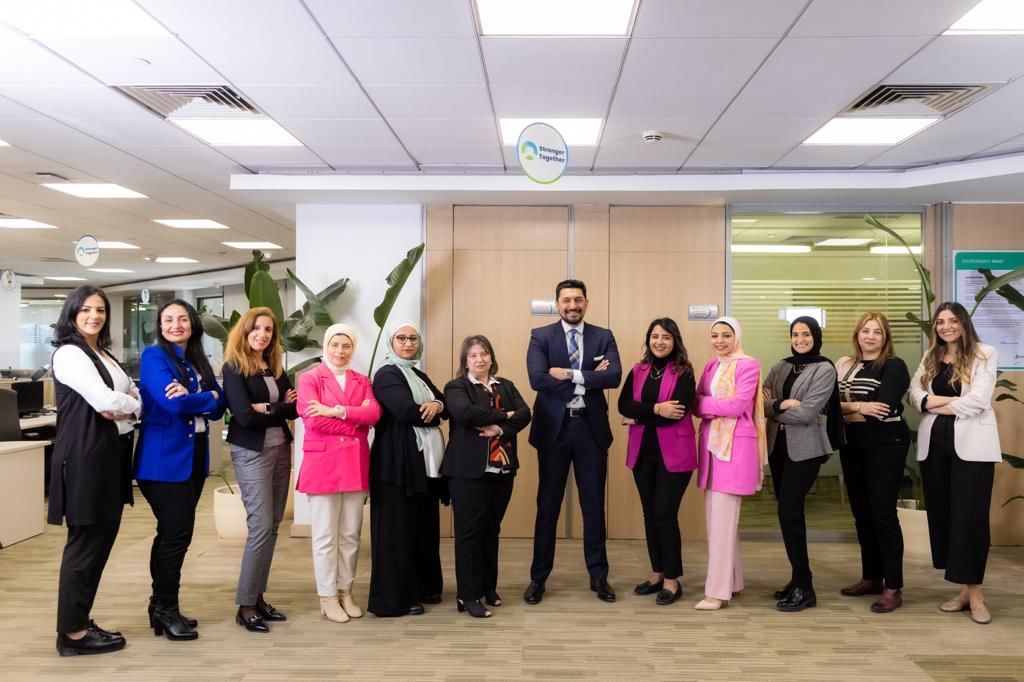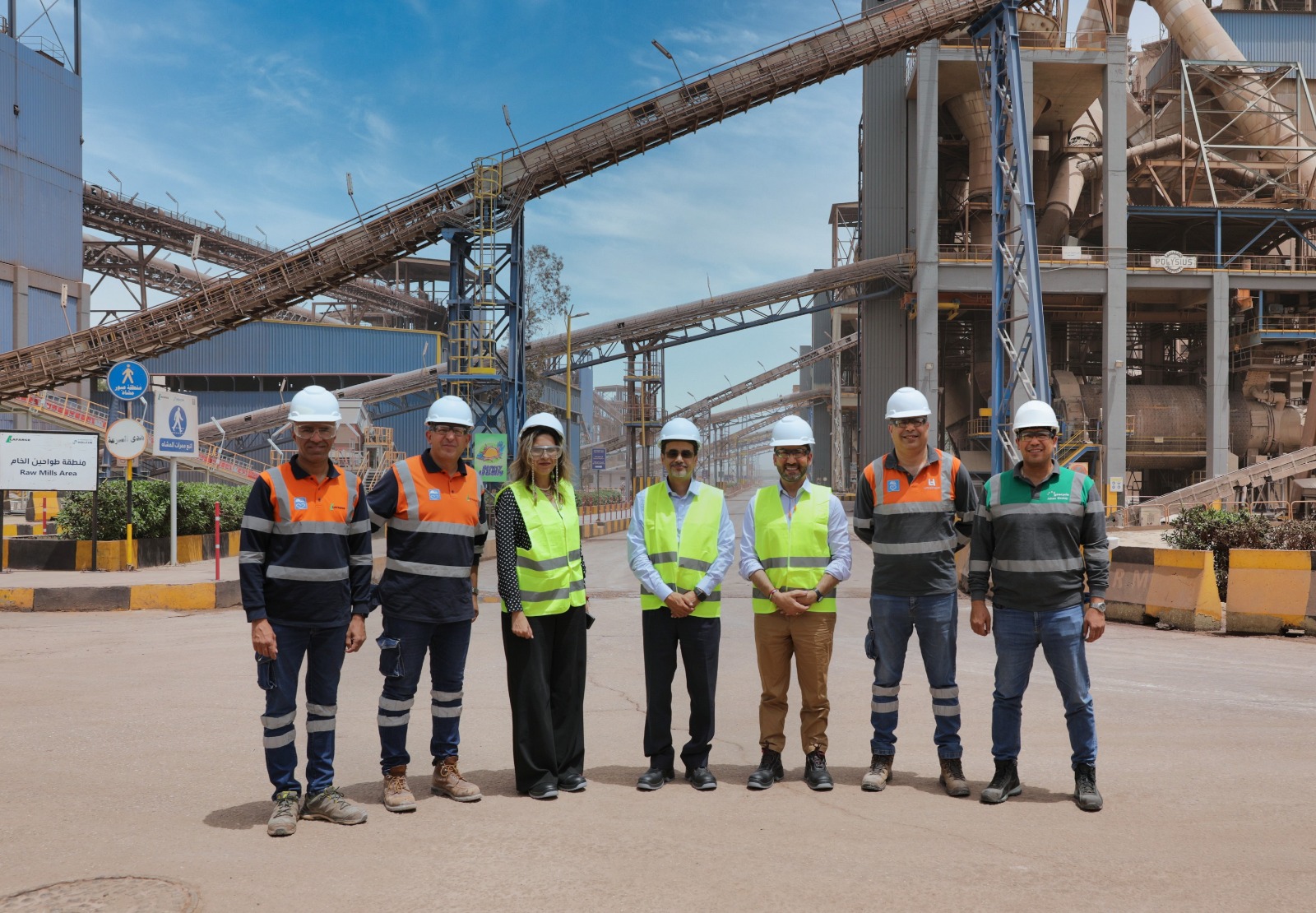Lafarge Egypt Commemorates Women’s Month by Hosting a Panel Discussion to Promoting Gender Diversity
Font size
Lafarge Egypt a member of Holcim Group – a global leader in innovative and sustainable building materials and solutions- , celebrated Women’s Month with its female employees, in the presence of representatives of the National Council for Women and female journalists. This event aimed to enhance the company’s message on promoting the principle of equality, inclusiveness, and supporting diversity in the male-dominated building materials and cement industry.
The Women’s Month celebration comes in line with Lafarge Egypt’s strategy reflecting Holcim Group’s vision, which focuses on consolidating a sustainable, inclusive and innovative business model that provides equal opportunities for women and enables them to achieve professional success. This inclusivity strategy aligns with Egypt’s Vision 2030 and the United Nations’ SDGs, particularly goal 5 of, which focuses on achieving gender equality and empowering all women and girls.
According to Jimmy Khan, CEO of Lafarge Egypt, as a leading company in the building materials industry, they operate under the strategy of the global Holcim Group, which aims to economically empower women, unleash their potential, and support female employees in the workplace, particularly in heavy industries. Lafarge Egypt places significant importance on preserving human rights, creating a healthy and motivating work environment, and promoting gender equality, especially in a male-dominated field.
“Lafarge Egypt is focused on promoting a comprehensive and equal work environment that takes into account gender diversity in order to empower women to reach managerial administrative and technical positions, which is in line of Egypt’s vision 2030 and Holcim’s 2025 Strategy. Developing the skills of our employees and highlighting the role of women in this heavy industry will enable us to grow extensively and accelerate green growth.” Jimmy added
He elaborated that they are working to increase the percentage of female representation within the company, and increase their participation in training programs for university students, both in technical and non-technical fields.

Ms. Amal Tawfik, Director General of the Women’s Complaints Office at the National Council for Women, expressed her happiness in participating in the celebration. She confirmed Lafarge’s efforts to support and empower women and highlighted that the Council is also committed to achieving the state’s vision in advancing the status of women and developing their social and cultural frameworks. By working towards these goals, the country moves closer to achieve the United Nations’ Sustainable Development Goals and Egypt’s Vision 2030.
She further noted that achieving gender equality and empowering women is a critical driver for promoting sustainable growth in Egypt. The National Council for Women is keen to collaborating with all relevant bodies to support women’s capabilities and provide them with decent job opportunities in various fields, empowering them economically. She emphasized that equality is a fundamental human right and serves as a necessary foundation for achieving sustainable development.
During the celebration, Lafarge Egypt’s female employees shared their success stories with the audience, highlighting the extent to which they benefited from the company’s support to excel in this heavy industry. The event also showcased how Lafarge Egypt has enabled the employees to achieve a healthy balance between work and personal life, thereby promoting gender equality.
It’s worth noting that Lafarge Egypt has launched various initiatives to empower women and strengthen their role in society. Notably, the company partnered with the German Agency for International Cooperation (GIZ) in 2021 to implement the “Programme Employment of Young Women”. This initiative reinforces gender diversity and aims to increase the employment of young women in companies, supporting the principles of equality, empowering women, and integrating them into the work environment.
Moreover, they have launched the “TE’DARY Program”, aimed to educate 80 women and girls on gender equality and their potential to achieve economic sustainability in the Tora region. The program was based on two main aspects: enhancing the participants’ self-awareness and knowledge of gender equality, and providing vocational and economic training through workshops to maximize the competence of women and girls in terms of life skills for a better quality of life.







